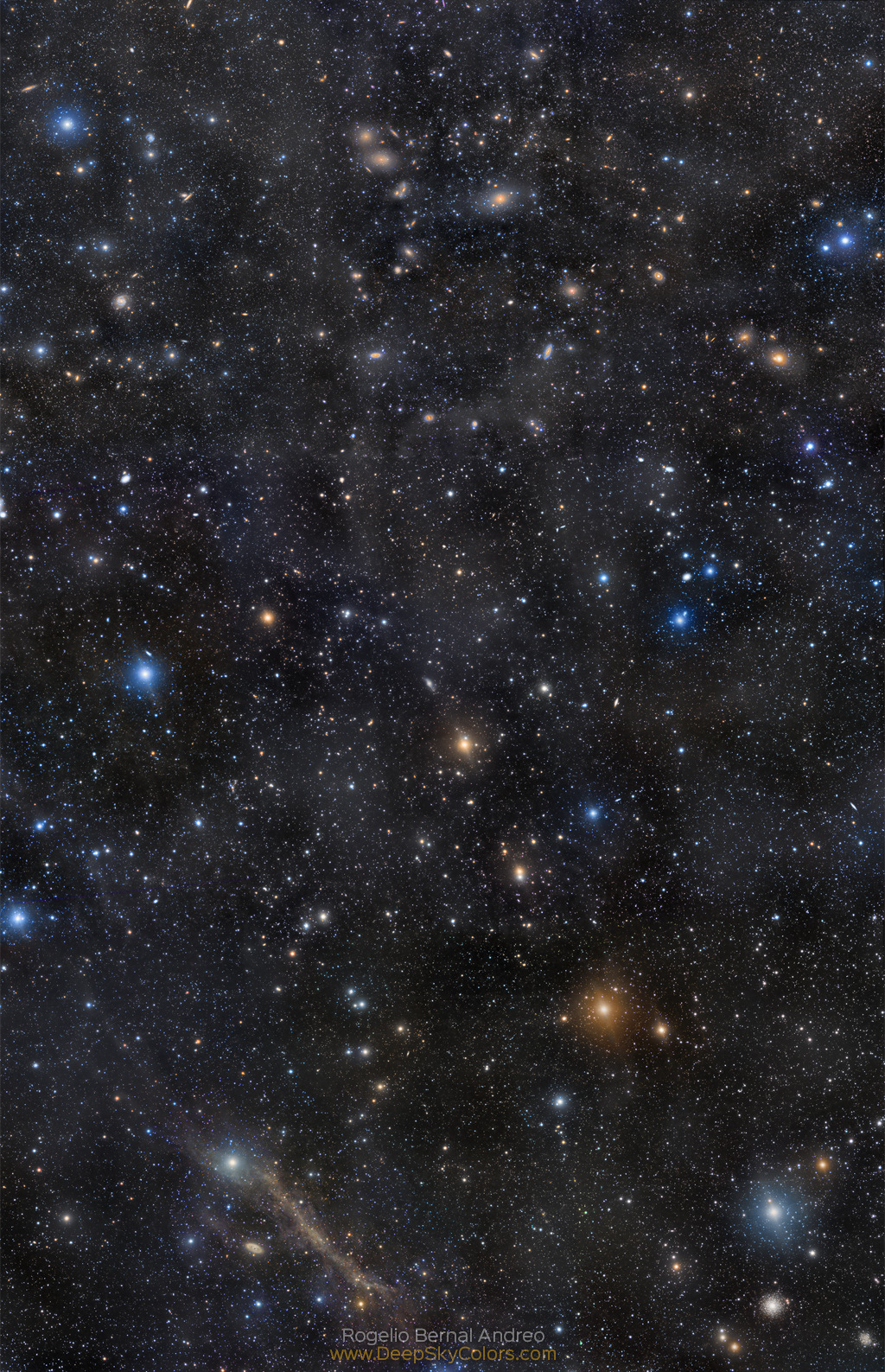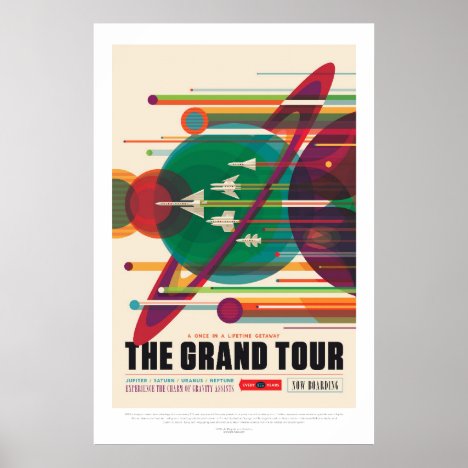Galaxies, Stars and Nebulae series: …
There are advances being made almost daily in the disciplines required to make space and its contents accessible. This blog brings together a lot of that info, as it is reported, tracking the small steps into space that will make it just another place we carry out normal human economic, leisure and living activities.
Saturday, 24 June 2017
Magnetic memories of a metal world
more »
Research deciphering the hidden magnetic messages encoded in a rare group of meteorites has helped secure nearly half a billion dollars of NASA funding for a journey to their parent asteroid -- the only known place in the solar system where scientists can examine directly what is probably a metallic core.
via Science Daily
Zazzle Space Exploration market place
Research deciphering the hidden magnetic messages encoded in a rare group of meteorites has helped secure nearly half a billion dollars of NASA funding for a journey to their parent asteroid -- the only known place in the solar system where scientists can examine directly what is probably a metallic core.
via Science Daily
Zazzle Space Exploration market place
Markarian's Chain to Messier 64
more »
 Top to bottom, this colorful and broad telescopic mosaic links Markarian's Chain of galaxies across the core of the Virgo Cluster to dusty spiral galaxy Messier 64. Galaxies are scattered through the field of view that spans some 20 full moons across a gorgeous night sky. The cosmic frame is also filled with foreground stars from constellations Virgo and the well-groomed Coma Berenices, and faint, dusty nebulae drifting above the plane of the Milky Way. Look carefully for Markarian's eyes. The famous pair of interacting galaxies is near the top, not far from M87, the Virgo cluster's giant elliptical galaxy. At the bottom, you can stare down Messier 64, also known as the Black Eye Galaxy. The Virgo Cluster is the closest large galaxy cluster to our own local galaxy group. Virgo Cluster galaxies are about 50 million light-years distant, but M64 lies a mere 17 million light-years away.
Top to bottom, this colorful and broad telescopic mosaic links Markarian's Chain of galaxies across the core of the Virgo Cluster to dusty spiral galaxy Messier 64. Galaxies are scattered through the field of view that spans some 20 full moons across a gorgeous night sky. The cosmic frame is also filled with foreground stars from constellations Virgo and the well-groomed Coma Berenices, and faint, dusty nebulae drifting above the plane of the Milky Way. Look carefully for Markarian's eyes. The famous pair of interacting galaxies is near the top, not far from M87, the Virgo cluster's giant elliptical galaxy. At the bottom, you can stare down Messier 64, also known as the Black Eye Galaxy. The Virgo Cluster is the closest large galaxy cluster to our own local galaxy group. Virgo Cluster galaxies are about 50 million light-years distant, but M64 lies a mere 17 million light-years away.
Zazzle Space Gifts for young and old
 Top to bottom, this colorful and broad telescopic mosaic links Markarian's Chain of galaxies across the core of the Virgo Cluster to dusty spiral galaxy Messier 64. Galaxies are scattered through the field of view that spans some 20 full moons across a gorgeous night sky. The cosmic frame is also filled with foreground stars from constellations Virgo and the well-groomed Coma Berenices, and faint, dusty nebulae drifting above the plane of the Milky Way. Look carefully for Markarian's eyes. The famous pair of interacting galaxies is near the top, not far from M87, the Virgo cluster's giant elliptical galaxy. At the bottom, you can stare down Messier 64, also known as the Black Eye Galaxy. The Virgo Cluster is the closest large galaxy cluster to our own local galaxy group. Virgo Cluster galaxies are about 50 million light-years distant, but M64 lies a mere 17 million light-years away.
Top to bottom, this colorful and broad telescopic mosaic links Markarian's Chain of galaxies across the core of the Virgo Cluster to dusty spiral galaxy Messier 64. Galaxies are scattered through the field of view that spans some 20 full moons across a gorgeous night sky. The cosmic frame is also filled with foreground stars from constellations Virgo and the well-groomed Coma Berenices, and faint, dusty nebulae drifting above the plane of the Milky Way. Look carefully for Markarian's eyes. The famous pair of interacting galaxies is near the top, not far from M87, the Virgo cluster's giant elliptical galaxy. At the bottom, you can stare down Messier 64, also known as the Black Eye Galaxy. The Virgo Cluster is the closest large galaxy cluster to our own local galaxy group. Virgo Cluster galaxies are about 50 million light-years distant, but M64 lies a mere 17 million light-years away.Zazzle Space Gifts for young and old
Space Tourism Advert - Solar System Grand Tour Poster
A wonderful, retro-style vacation advert. It urges you to take the same grand tour of the solar system taken by NASA's Voyager mission. Visit Jupiter, Saturn, Uranus and…
Trilobites: Waves Above the Earth May Have Once Caused a ‘Nocturnal Sun’
more »
Historical observations of bright nights that were almost like daytime have a new explanation in forces of the upper atmosphere.
via New York Times
Historical observations of bright nights that were almost like daytime have a new explanation in forces of the upper atmosphere.
via New York Times
Subscribe to:
Comments (Atom)

